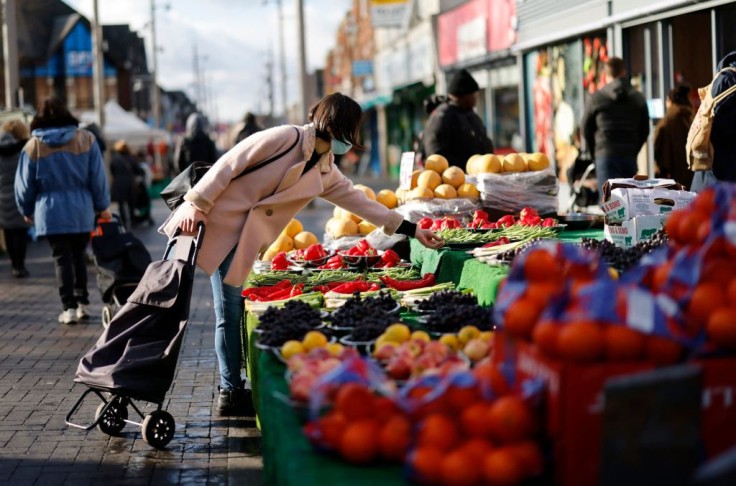
Did you know that fruits and vegetables emit ethylene, a naturally occurring gaseous plant hormone that helps in their ripening process? However, storing some fruits and vegetables next to each other can impact their chemical composition so that you could find the produce rotting so easily the very next day.
Fruits and vegetables that are ethylene producers emit more of the gas, so if they are stored next to ethylene-sensitive produce, the ripening process happens more quickly. On the other hand, some fruits and vegetables do not produce ethylene at all, and you might find farmers or market workers spraying these with the chemical to hasten the process.
But which fruits and vegetables produce more ethylene, and how should they be stored so they won't waste?
Here are some tips below:
1. Apples
According to Eat This, apple is the most common ethylene producer. Thus, it's better to store these fruits away from other produce. Ideally, apples can be placed in a fruit bowl by the countertop. The bowl must be uncovered, and the location must not be in direct sunlight. If stored properly, apples may last three weeks in a bowl without any other fruits. Apples could also be stored in the fridge for up to six weeks and eight months in the freezer.
2. Bananas
Bananas must also be stored on their own because they can quickly turn black next to ethylene producers like apples, avocados, and tomatoes. According to Today, it will help to hang bananas away from other produce as this can also minimize any bruising on the skin. A slight bruising or peeling will expose the banana to oxygen, speeding its ripening process.
To prevent the bananas from rotting, pull them apart and store them in separate plastic wraps if you don't plan on eating right away. Pop them in the fridge as the low temperature will impact the chemical. Preserve the freshness of peeled bananas by pinching lime or lemon juice, if you don't mind the tarty flavor. Bananas can be frozen for 30 days as well.
3. Potatoes
Potatoes produce less ethylene than apples or bananas. If stored in the fridge, however, the shelf life of potatoes can shorten by one to two weeks. Per Food 52, the best way to store potatoes so they can last for months is in a cardboard box or paper bag in a cool and dry place, such as a pantry cabinet.
Never put potatoes out on the countertop like apples. If they hit the sun, photosynthesis will occur and turn the potatoes green and wrinkly. Never store potatoes next to onions in a basket because you will find the produce sprouting in a few days due to ethylene.
4. Tomatoes
The U.S. Department of Agriculture said there is no need to refrigerate whole tomatoes because their flavor changes when placed in cold storage. This ethylene-producing vegetable may be placed in the pantry for up to seven days if they are still hitting their ripeness' peak phase. Once that has been reached, tomatoes may be refrigerated and used as soon as possible. Sliced, fully ripe tomatoes have to be stored in the fridge to preserve their shelf life.
Related Article : Healthy Outcomes of Raising Children as Vegan or Vegetarian, According to Dietitians